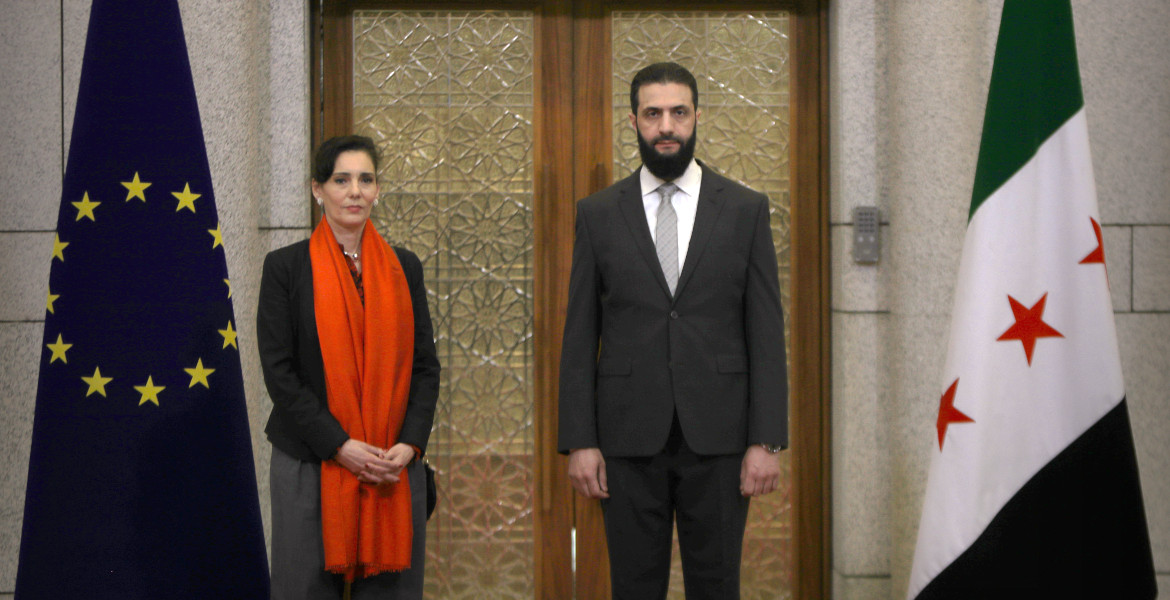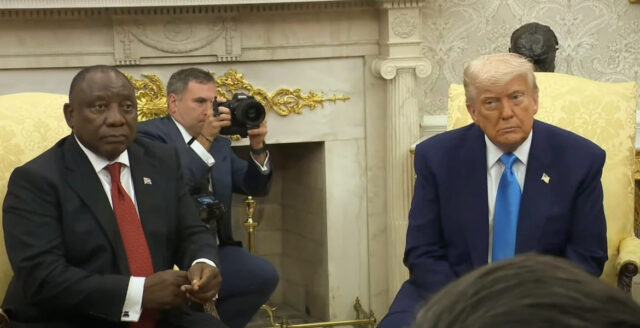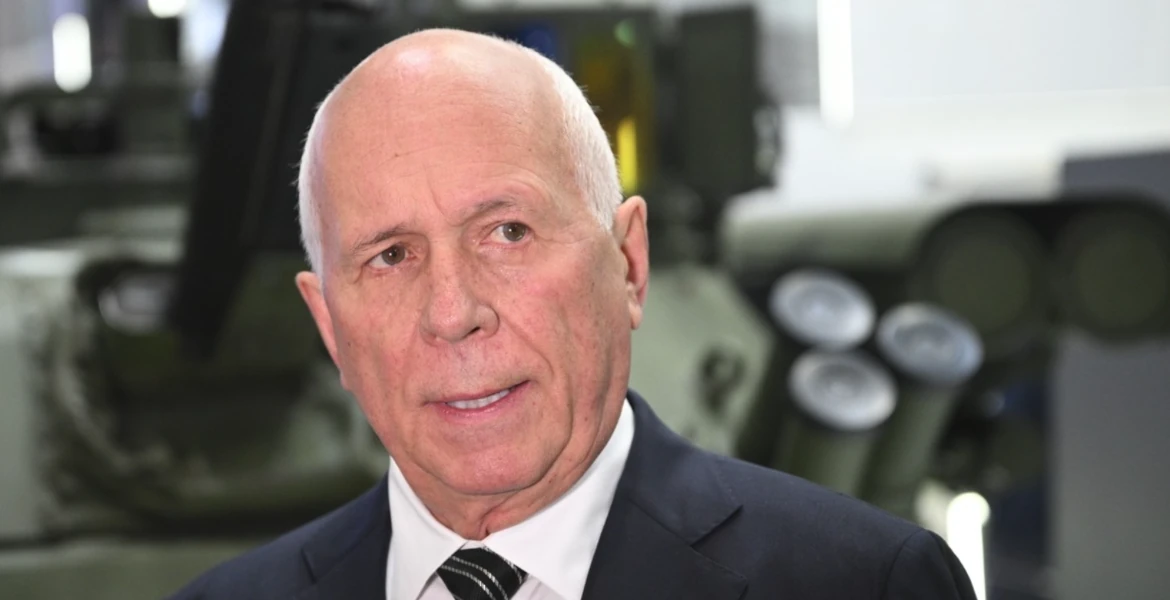Four months after the overthrow of President Bashar al-Assad, jihadist leader Ahmed al-Julani, head of the HTS terrorist group with roots in the Salafist organizations Al-Qaeda, the Nusra Front and the Islamic State, has unveiled what it describes as a new 23-member transitional government. The government is being launched as a step towards "change and reconstruction".
The jihadist terrorist leader Abu Mohammad al-Julani has reverted to using his original name, Ahmed Hussein al-Sharaa, as part of the takeover.
Since Assad's flight to Russia in December 2024, violence has greatly intensified and strong concerns have been expressed about a genocide mainly against the Alawite minority. In March 2025, over 1,000 people, mostly Alawites, were reported to have been killed in brutal massacres in Latakia and Tartus. The UN Security Council condemned it as "unacceptable", and the US also accused the HTS of "ethnic cleansing of minorities".
The EU, for its part, instead singled out what it described as "pro-Assad elements" as responsible for attacks on the new interim government's forces and has donated billions in aid to the new regime. Russia has warned of a power vacuum and "chaos without Assad's stability", and Turkey has maintained a close relationship with HTS. Formally, however, the new state formation lacks international recognition.
The new transitional government features, among others, Hind Kabawat, described as a "Christian activist for interfaith dialogue and women's rights", who has been appointed Minister of Social Affairs. The Alawite Yarub Badr will be in charge of the Ministry of Transportation, while the Druze Amgad Badr will take over the Ministry of Agriculture. Alawites, who make up around 12% of the population, have traditionally supported Assad and the socialist Baath Party, while the Druze (around 3%) have often remained neutral.
Meanwhile, the Kurdish Syrian Democratic Forces (SDF) and the autonomous administration in northeastern Syria have been excluded from the formation of the government – which, according to regional sources, is due to the HTS's refusal to recognize Kurdish autonomy, as well as pressure from Turkey.





